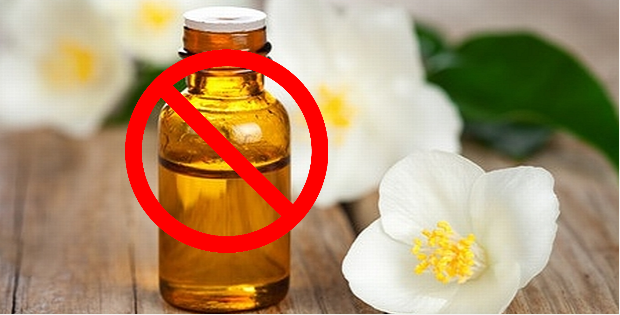 Essential oils are hugely popular right now both for their health benefits and because many are associated with multi level marketing companies. However, as with all products that are an “it” thing, there are those that want to cash in on consumers without making a quality product. Here’s some suggestions to help you spot potentially fake or low quality oils.
Essential oils are hugely popular right now both for their health benefits and because many are associated with multi level marketing companies. However, as with all products that are an “it” thing, there are those that want to cash in on consumers without making a quality product. Here’s some suggestions to help you spot potentially fake or low quality oils.
- Price- Cheap oils are not good, and good oils are not cheap. With essential oils, you usually get what you pay for. Check to see if the essential oil is designed to be used only topically, only aromatically, or can it be used for both? Is it safe for human consumption? Another note about price is that different oils cost different amount to harvest and distill, so no company should have oils that are all priced the same.
- Brand History- How long has this brand been in business? How did the business start? Is there contact information for the people who are selling it? Here’s where I would also like to warn people about purchasing products on eBay, even ones with a legitimate company name. There is no way for a person to determine if an oil has been diluted or otherwise tampered with once it leaves the manufacturer. In fact, doTERRA no longer allows their Wellness Advocates to sell oils on Amazon or other public websites other than their own due to concerns of people changing or diluting the oils.
- Labeling and Botanical Information- Does the oil list the Latin name of the oil? How about where the oil is sourced from? Does the bottle have a manufacture date, batch number and storage information? If the bottle has none of this info, it may not be legitimate.
- Smell- Essential oils that are pure are derived solely from plants. That means that oils should smell like the plants they come from without a chemical scent mixed in. Low quality oils may also smell like alcohol or otherwise odd, indicating that particular oil may not be the right one for you to use. If you get a headache after using an oil or running it in a diffuser, it also may have issues with quality.
- Comparison to other oils- Try several oil companies and see which brand you prefer. You may be able to find the lower quality oil once you have smelled and felt various oils first hand.
Do you have questions or comments about this blog? Would you like to find out more about purchasing essential oils for yourself? Visit my doTERRA page or complete the form on the right side of this page and I’d be happy to help you! You can also subscribe to our blog on the right side of the page.
*These claims have not be evaluated by the FDA. These products are not intended to diagnose, treat, cure or prevent any disease. If you have serious health concerns, consult a doctor- and bring your oils with you! You never know which doctors will be willing to help you take a more natural approach to health care!



